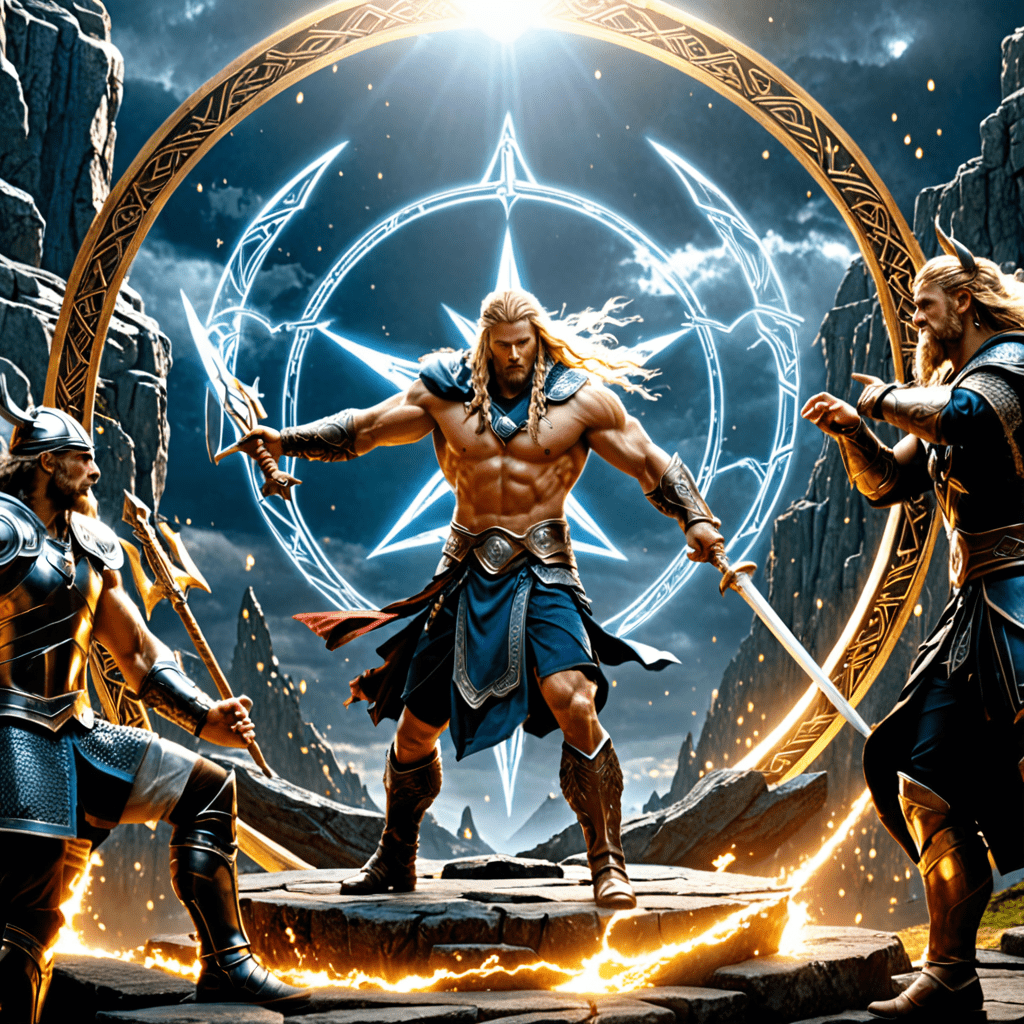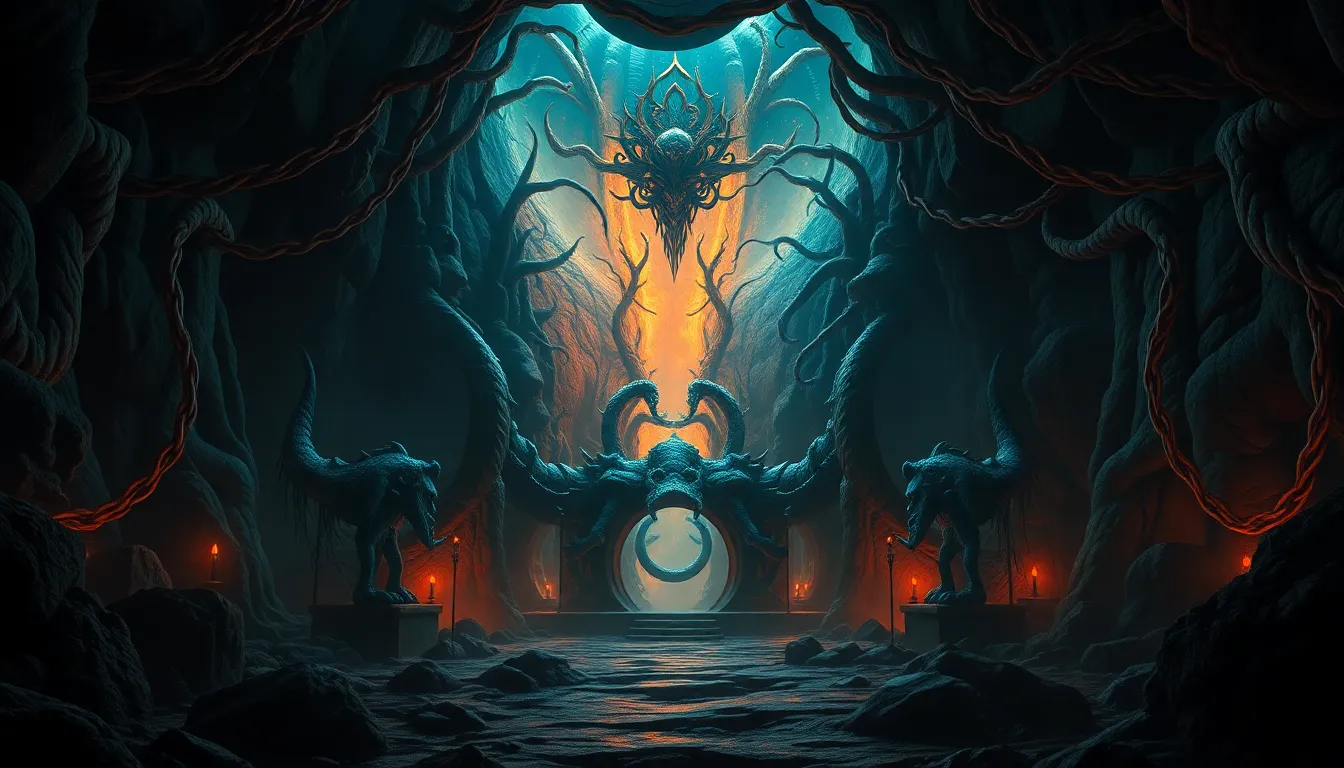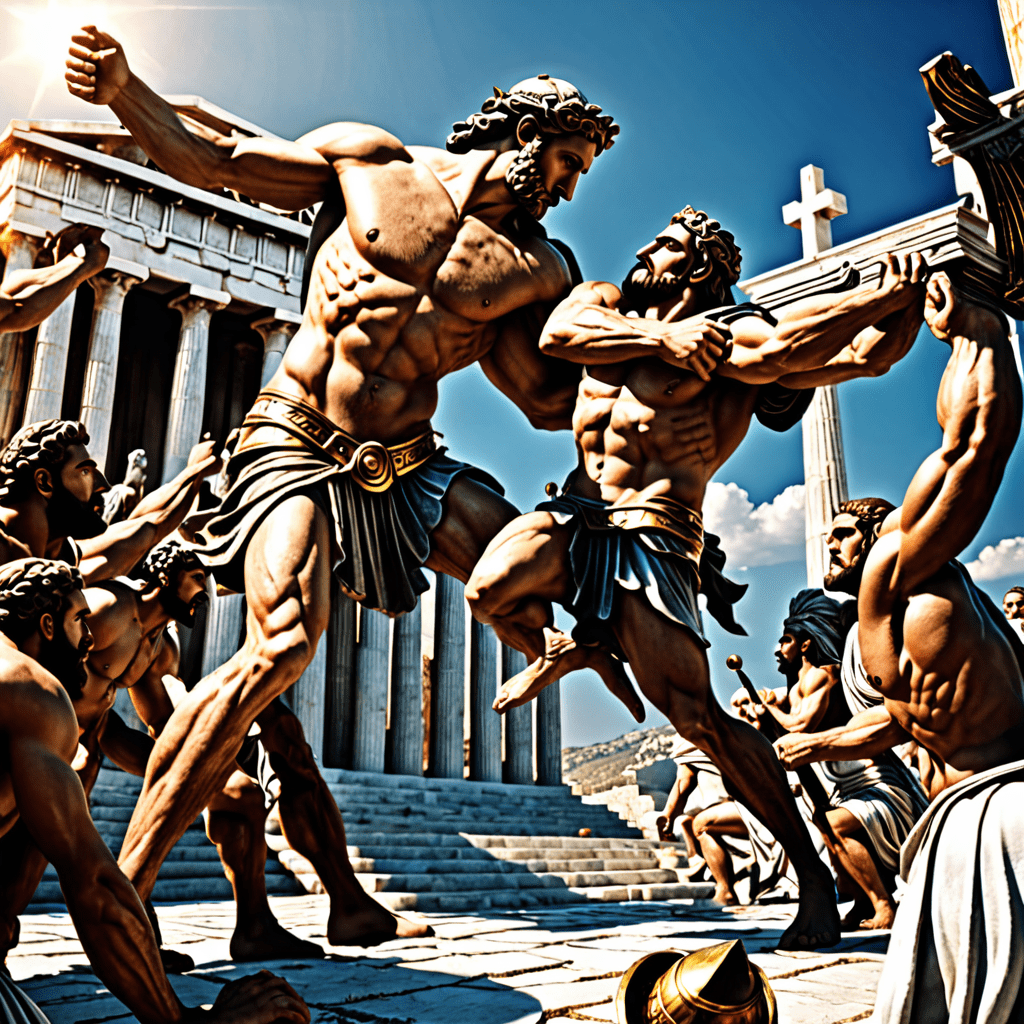The Role of Fate and Destiny in Norse Mythology
Introduction to Fate and Destiny in Norse Mythology
In Norse mythology, the concepts of fate and destiny are fundamental aspects that shape the lives of both mortals and gods. These notions are intricately woven into the fabric of the cosmos, influencing the course of events and determining the ultimate outcomes of individuals. The Norse worldview is deeply rooted in the belief that fate is predetermined and irreversible, with destinies mapped out by the Norns, the powerful deities of fate.
The Norns: Weavers of Fate
At the center of the concept of fate in Norse mythology are the Norns – three mystical beings who reside at the Well of Urd beneath the roots of Yggdrasil, the World Tree. These ancient entities, named Urd, Verdandi, and Skuld, are responsible for weaving the threads of fate that govern the lives of all beings. Urd represents the past, Verdandi the present, and Skuld the future, collectively shaping the course of destiny for both gods and mortals.
The Orlog and Wyrd: Personal Destinies
In addition to the overarching concept of fate shaped by the Norns, Norse mythology also emphasizes personal destinies known as Orlog and Wyrd. Orlog refers to the individual’s fate as determined by past actions and decisions, while Wyrd represents the web of interconnected destinies that influence one another. These concepts highlight the interconnectedness of all beings and underscore the inescapable nature of fate in Norse belief.
Ragnarök: The Final Destiny
One of the most renowned tales within Norse mythology is that of Ragnarök, the apocalypse that serves as the ultimate destiny of the cosmos. This cataclysmic event marks the fulfillment of the prophecies foretold by the Norns, leading to a series of battles and the eventual destruction and rebirth of the world. Ragnarök encapsulates the cyclical nature of fate and destiny in Norse mythology, illustrating the inevitable culmination of all things in the grand tapestry of existence.
In conclusion, fate and destiny are integral themes in Norse mythology, shaping the lives of gods and mortals alike through the intricate workings of the Norns and personal destinies. From the weaving of the threads of fate to the cataclysmic fate of Ragnarök, these concepts underscore the interconnectedness and inevitability of destiny in the rich tapestry of Norse belief.
FAQ about the Role of Fate and Destiny in Norse Mythology
What is the concept of fate in Norse mythology?
In Norse mythology, fate, known as “Wyrd” or “Örlög,” is a fundamental belief that events are predestined and inevitable. The Norns, female beings, are the weavers of fate who determine the destinies of both gods and mortals.
How is destiny portrayed in Norse mythology?
Destiny in Norse mythology is closely tied to the concept of fate. It is believed that each individual has a predetermined path and destiny that cannot be altered. Even the gods themselves are subject to destiny and must face the outcomes foretold for them.
What role do the Norns play in shaping fate and destiny in Norse mythology?
The Norns, Urd, Verdandi, and Skuld, are powerful beings who control the destiny of all beings in the cosmos. Urd represents the past, Verdandi the present, and Skuld the future. Together, they weave the threads of fate that ultimately determine the course of events for all beings.
Can fate be changed in Norse mythology?
In Norse mythology, fate is viewed as inevitable and unchangeable. Even the gods, with all their power, are bound by the threads of fate woven by the Norns. While individuals may make choices, these choices are



